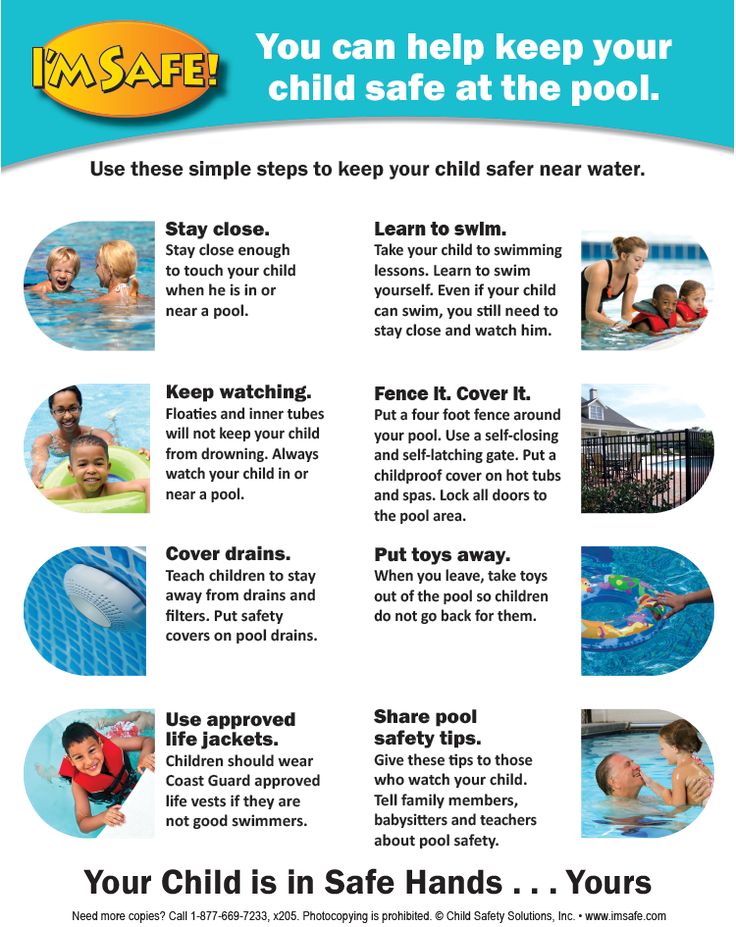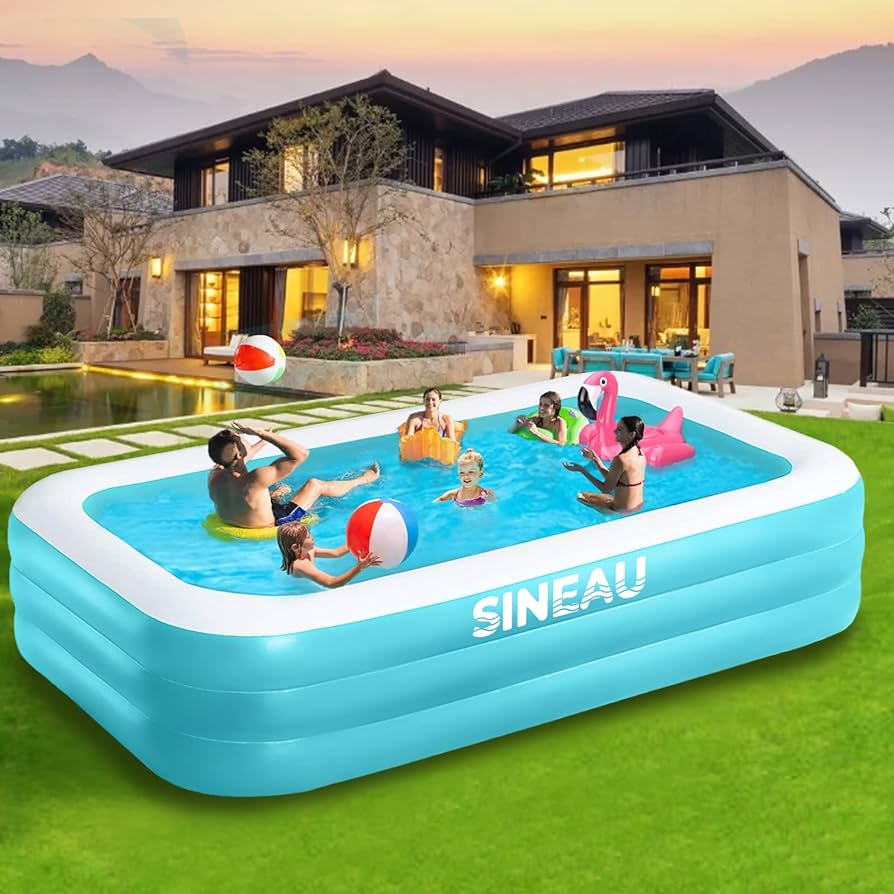Heated Kiddie Pool: A Parent’s Guide to Safe Water Temperatures
- Different methods to heat a kiddie pool
- Adults staying in a cool pool for a long time
- Children getting cold quickly
- Filling a kiddie pool with hot water
- Using a kettle to heat small pools
- Immersion heater in a stainless steel bucket
- Using a hose connected to hot water hookups or faucets
- Using a black garden hose to absorb sunlight and warm the water
- Using sunlight to heat the pool water
- Solar blankets to capture sunlight and conduct it to the water
- Reflective covers or sheets to reflect the sun's rays onto the pool
- Solar heater mats to capture sunlight and heat the water
- Reflective enclosure with reflective sheets to concentrate the sun's rays
- Using a natural gas heater
- Using an electric heater
- Using a heat pump
- Combining techniques for faster and longer-lasting heating
- Ideal temperature for a kiddie pool
- Attracting mosquitoes with warmer water temperatures
- Pool heating options depending on pool size, resources, and weather conditions
- Keeping the pool clean for safety
- Different types of pools and their sizes
- Using warm water instead of cold water
- Method for warming the pool with two garden hoses
- Accessing water hook-ups and turning off hot water for washing machine
- Placing the pool in a sunny area
- Using immersion heaters or solar sun rings to heat the pool
- Mixing hot and cold water to achieve desired temperature
- Caution against children touching the hot water
- Filling the pool with warm water by hauling buckets or using hot water hookups
- Instructions for filling the pool with warm water using laundry hookup and garden hoses
- Potential changes to water and electric bills
- Caution when using hot water and disclaimer for injuries.


